Common grammatical errors and misspellings
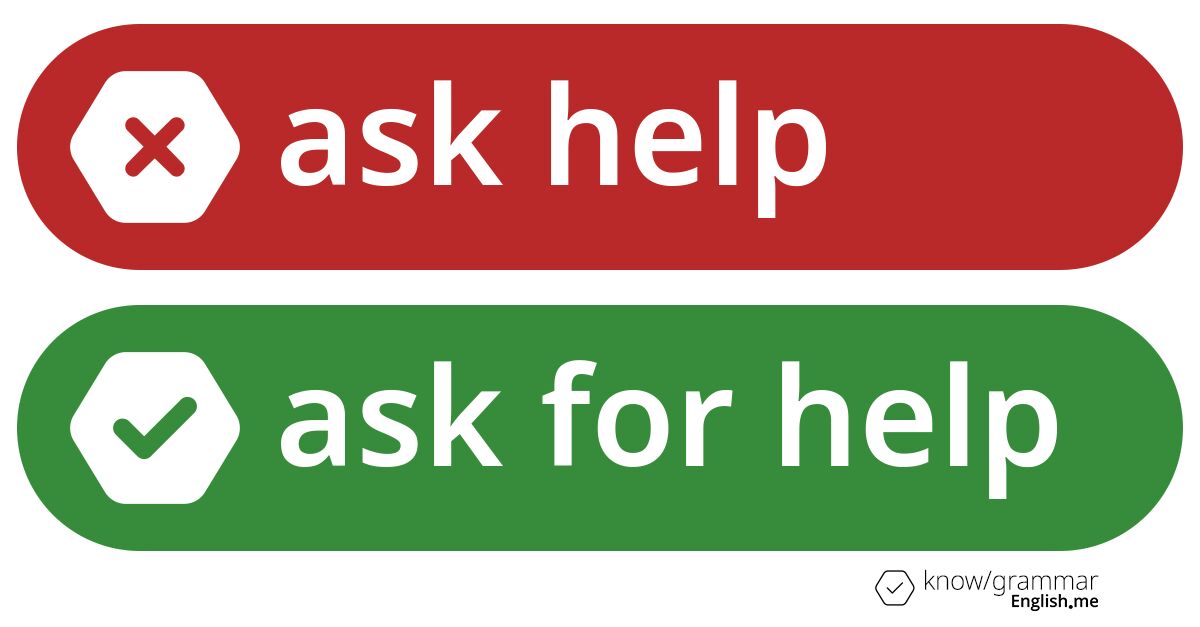
The grammar mistake in "ask help"
People often make this error because in some languages, the ... Learn more →
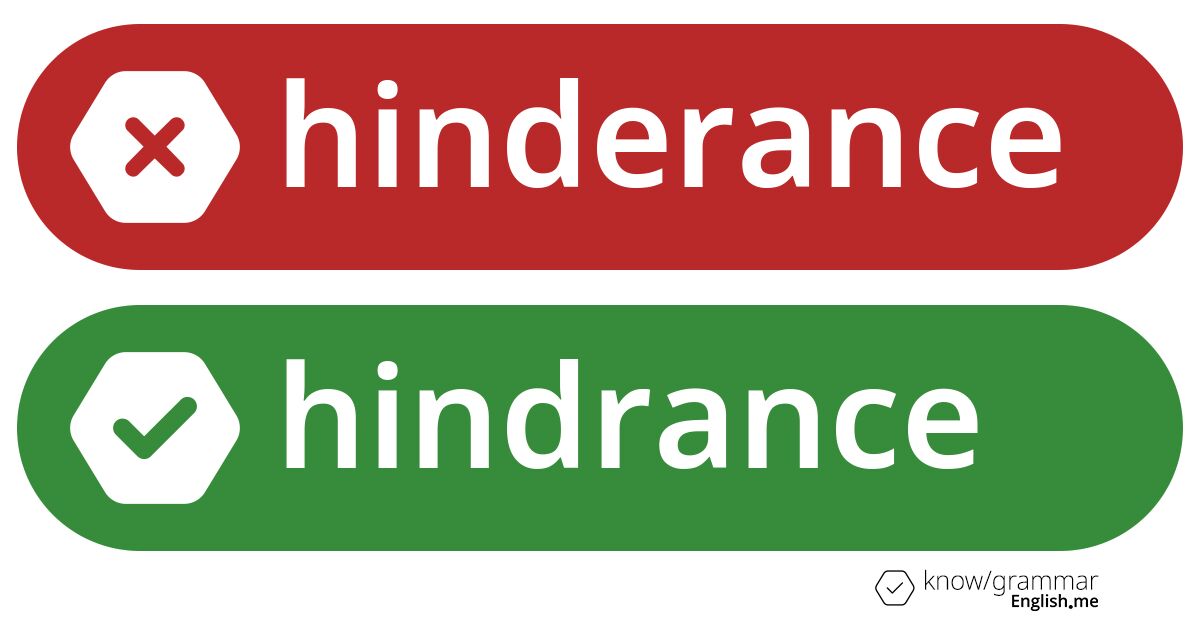
"Hinderance": when extra letters get in the way
People often mistakenly form the noun by adding the suffix ... Learn more →
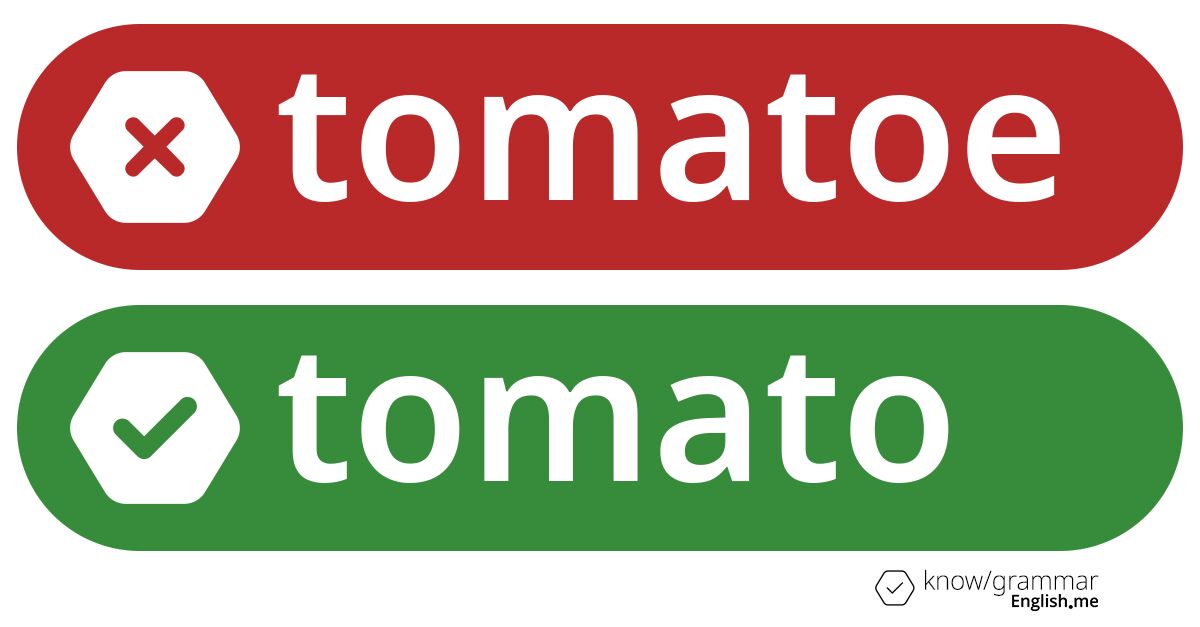
Tomato, tomatoes, but never "tomatoe"!
People often add an "e" at the end of "tomato" ... Learn more →
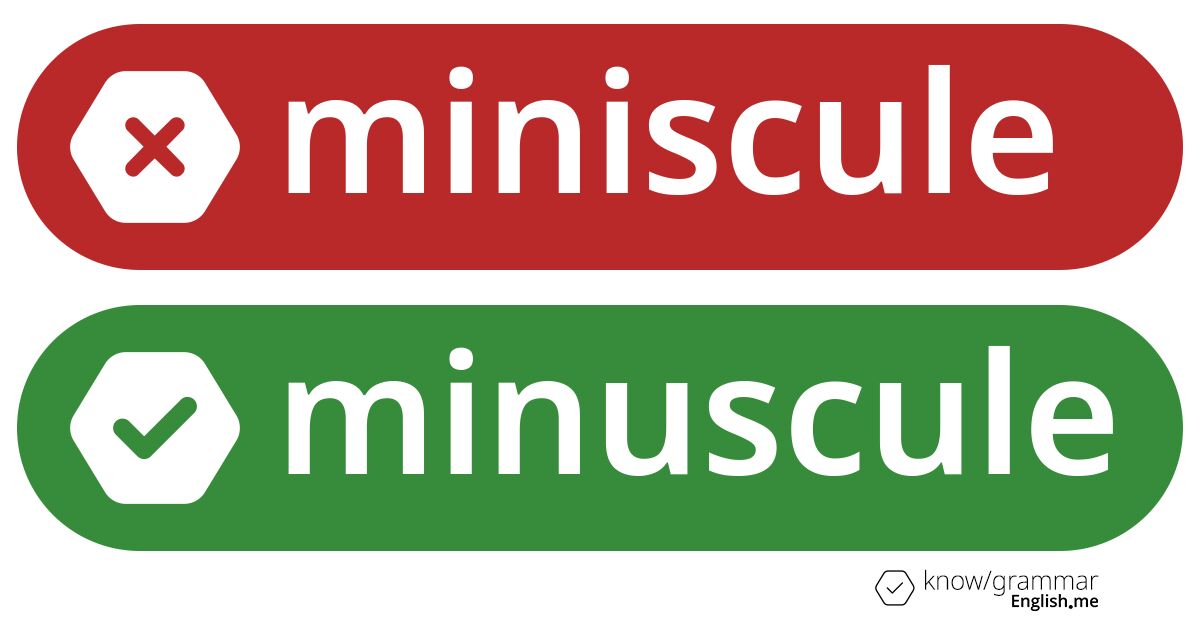
Small word, big mistake: the "miniscule" error
People often assume the word is related to the prefix ... Learn more →
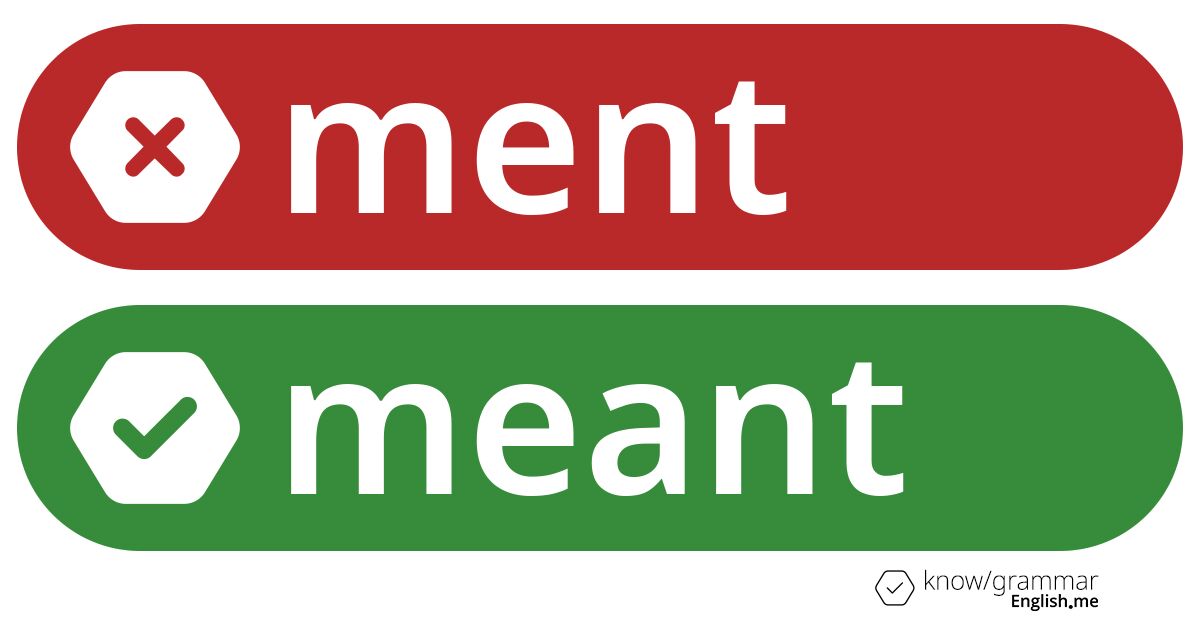
Why "ment" steers us wrong: the linguistic perspective
People might make this error due to the similarity between ... Learn more →
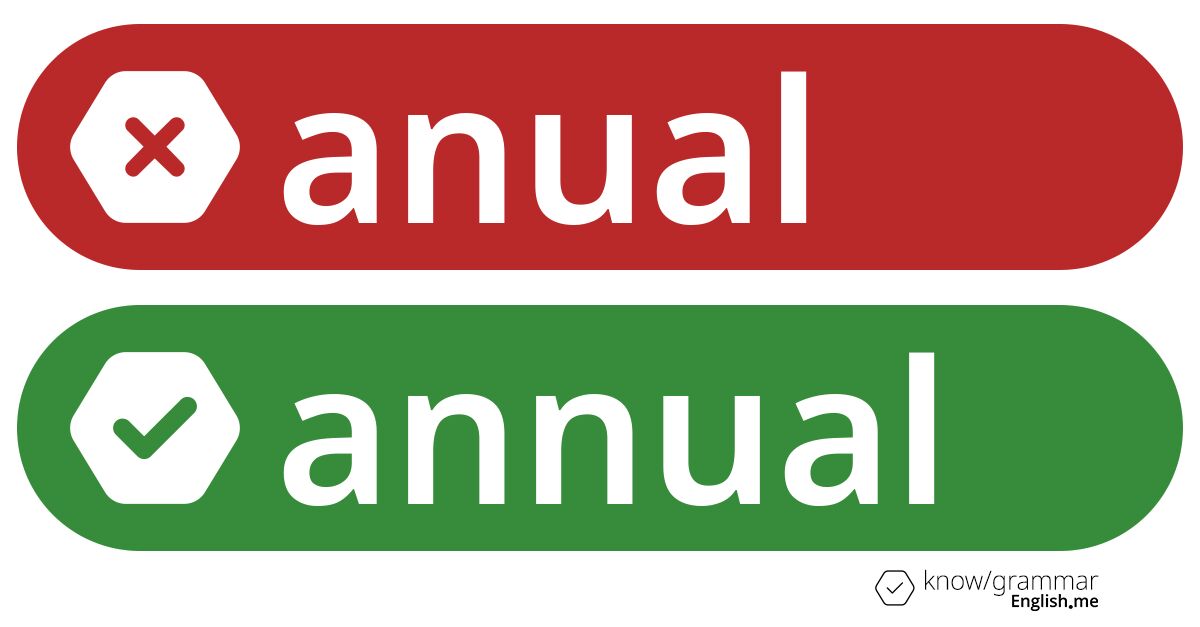
Why "anual" isn't in the dictionary: the importance of double 'n'
The error often occurs because "anual" appears similar to the ... Learn more →
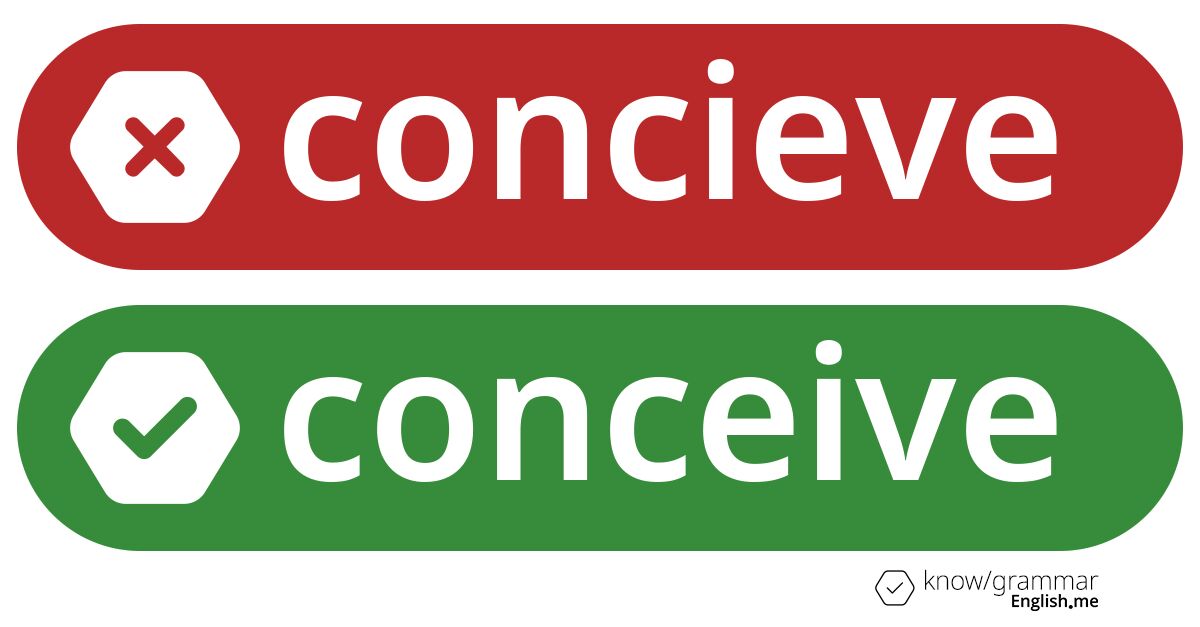
The reason behind "concieve": a common spelling misstep
The incorrect spelling "concieve" results from applying the "I before ... Learn more →
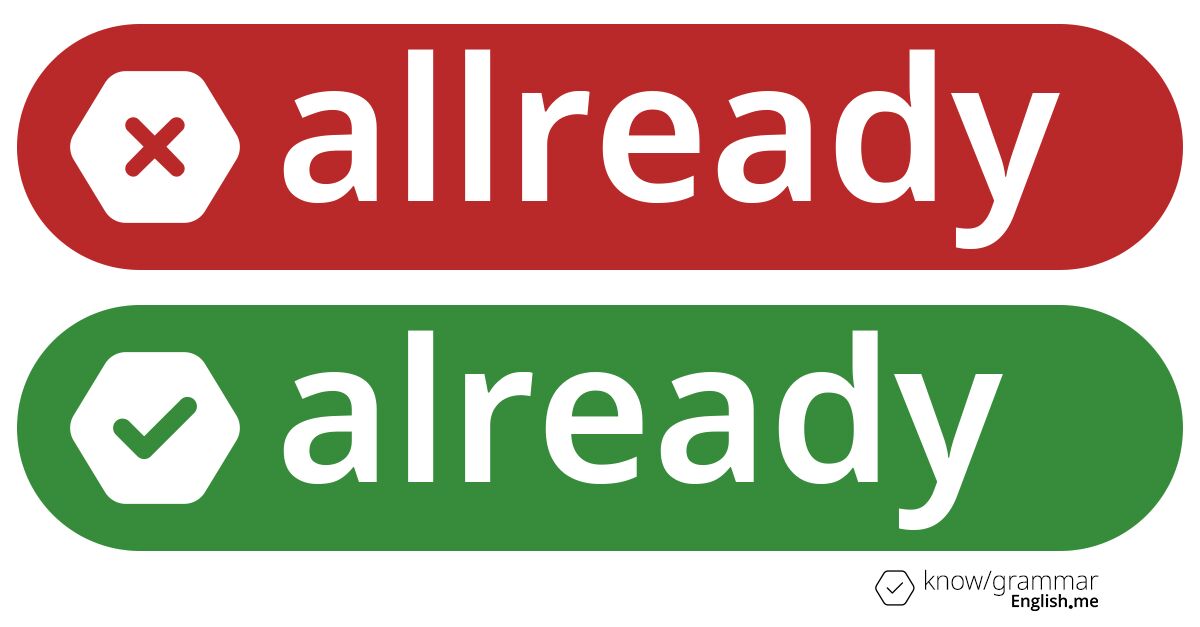
Why "allready" doesn't make the cut
The error occurs due to a phonetic misconception. People often ... Learn more →
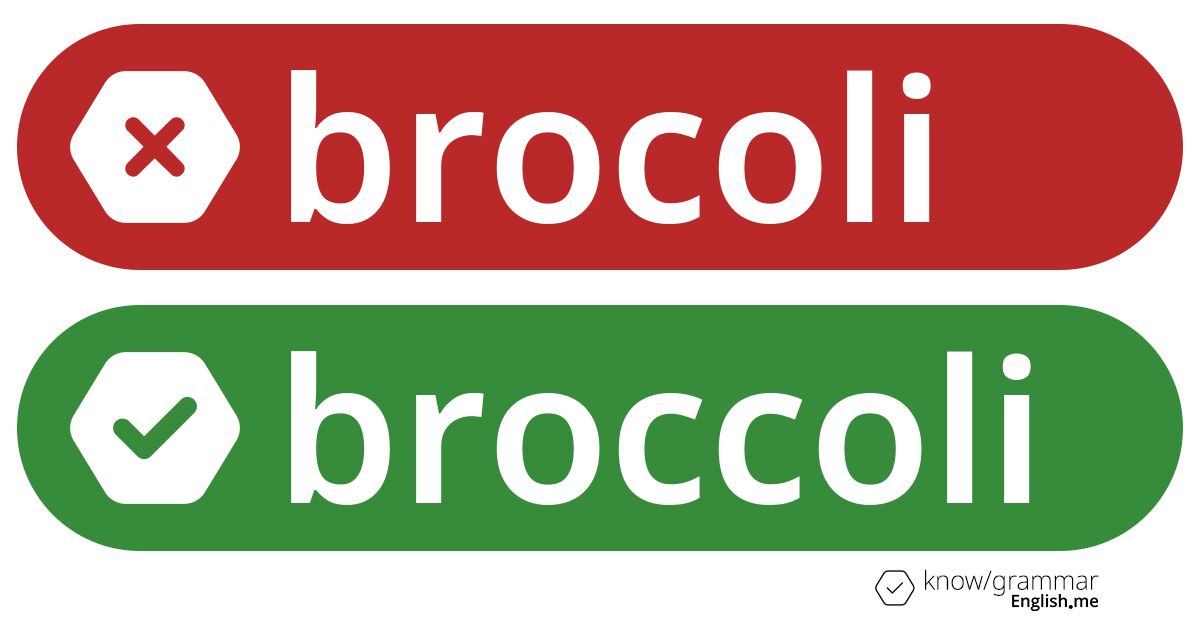
Why "brocoli" leaves a sour taste in the dictionary
This error is often made because of its phonetic similarity ... Learn more →
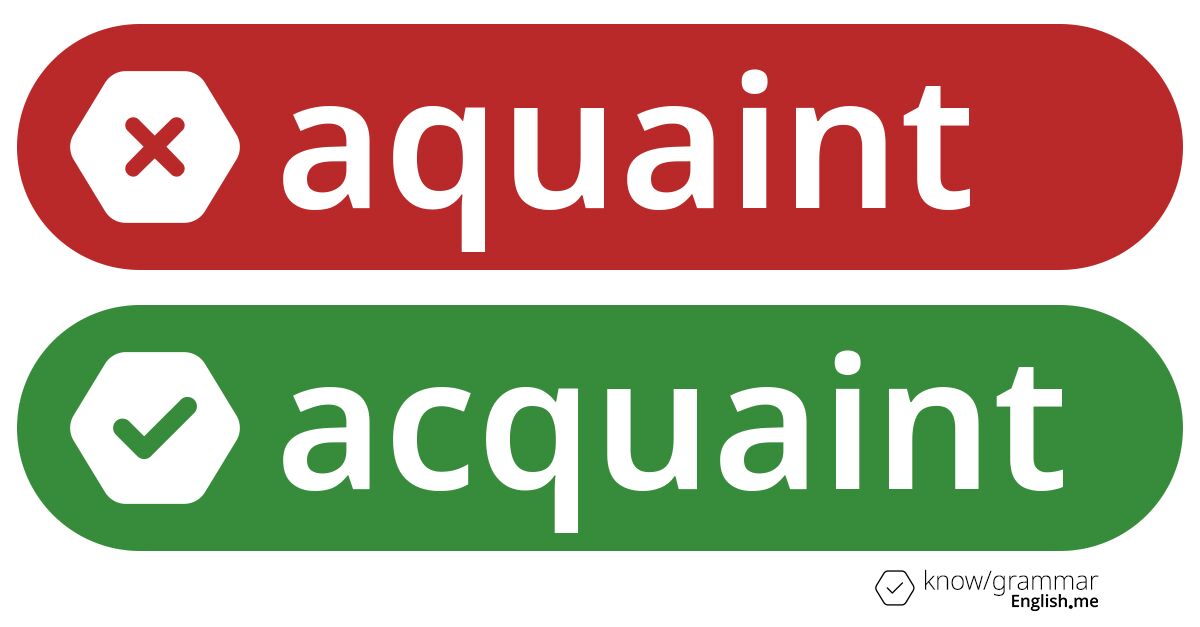
"Aquaint" yourself with the right spelling!
This mistake often occurs because the letter "c" in "acquaint" ... Learn more →

 English
English español
español française
française italiano
italiano deutsche
deutsche 日本語
日本語 polski
polski česky
česky svenska
svenska Türkçe
Türkçe Nederlands
Nederlands